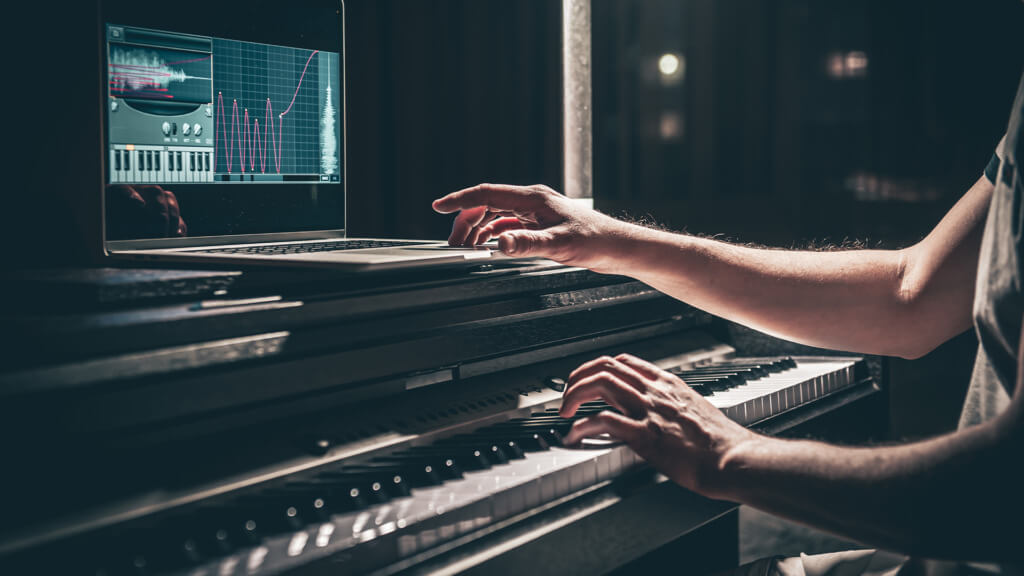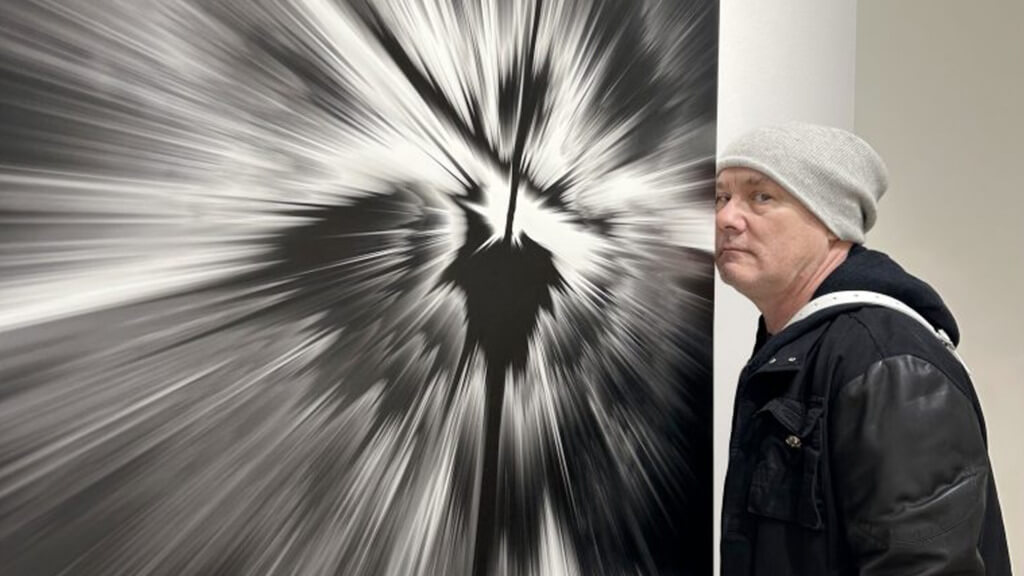Can AI really replace artists?
Uncover the multi-faceted debate on AI's role in art, from ethical dilemmas to its impact on established and emerging artists. Discover why the future is still a canvas waiting to be painted.

This topic is catching fire now, largely due to the rapid advancements in AI technology. Just a few years ago, the idea of machine-generated art would have been dismissed as pure science fiction. But with algorithms now able to mimic famous artists, compose music, and even write poetry, the notion doesn’t seem that far-fetched anymore. The intersection of technology and art has already created disruptions in traditional art spaces, making it an urgent issue that demands our attention. As you consider the evolving landscape, the lines between human and machine-made art start to blur, making this debate timely and relevant.
Table Of Content
The discourse around AI’s role in art isn’t monolithic; it’s filled with various viewpoints, ranging from the optimistic to the sceptical. On one side, tech enthusiasts argue that AI can democratise art, making it easier for anyone to create something beautiful without years of training. On the opposite end, purists in the art world argue that the soul of art lies in human emotion and experience, elements that a machine can’t replicate. Then there are the pragmatists who see AI as a tool rather than a replacement, a new palette of opportunities rather than a threat. As you navigate this nuanced landscape, you’ll discover that the debate is filled with shades of grey, not simply black and white.
What’s especially interesting is that the public also has a significant role in shaping this narrative. Your engagement with AI-generated art, whether through social media shares or purchases, directly impacts the direction this debate takes. Public opinion and market dynamics tip the scales favouring human artists or AI-generated art, especially as younger generations become more comfortable with the fusion of technology and creativity. As someone intrigued by the convergence of art and technology, keep an eye on how public sentiment evolves, as it could be the deciding factor in this ongoing debate.
What AI can and can’t do in the arts
At the moment, AI can produce high-quality images and even mimic the styles of famous artists. But hold on, it’s more complex than it seems. These AI systems require human input, generally as a text prompt, to generate an art. Even then, what comes out is often a mash-up of existing data. This means that while AI can assist in the creative process, it can’t replace the unique touch that human artists bring. The art generated by AI still needs curation, modification, and, most importantly, a sense of aesthetic judgment, which is distinctly human.
In short, generative AI systems are not entirely autonomous. They still need human-provided prompts and guidance to create anything worthwhile. It’s a tool in the artist’s kit, not a replacement. For instance, while AI systems can produce melodies or sketches based on algorithms, they need more emotional nuance and contextual understanding that a human artist infuses into their work. So, even if AI can compose a symphony, it won’t be able to tell you what inspired it.
Ethical and legal concerns are escalating
As you think about AI-generated art, you can’t ignore the ethical and legal difficulties that come with it. For example, let’s say an AI generates a song that’s incredibly similar to a well-known Drake’s track. This poses ethical questions about originality and fair use. Is it morally acceptable for a machine to create something closely resembling a human artist’s unique style without explicit permission?

You’re diving into murky waters here, where traditional copyright laws struggle to keep pace with technological advancements. In this rapidly evolving landscape, you must realise that the ethical and legal dimensions are becoming ever more critical, possibly leading to high-stakes legal conflicts in the future.
Now, onto the matter of copyright. Current copyright laws are mostly tailored to human creativity, making applying them to machine-generated works tricky. Who owns the copyright to an artwork made by a machine? Is it the developer of the AI software, the user who generated the piece, or perhaps no one? These are questions that lawmakers are just beginning to grapple with. As you follow these developments, expect this issue to become a hot topic that challenges existing legal frameworks.
Moreover, ethical considerations extend beyond just copyright. Think about cultural appropriation or the risk of AI reproducing harmful stereotypes found in its training data. As someone interested in this field, you should know that these ethical questions are just as crucial, adding another layer of complexity to an already intricate situation.
Established artists vs emerging talent in the AI landscape
Switching gears, let’s examine how AI impacts established artists compared to emerging talent. Big names like Damien Hirst have already tapped into the potential of AI, raking in an eye-watering US$20 million from AI-generated works. What sets these high-profile artists apart is their existing reputation, which likely acts as a buffer against any potential negative fallout from embracing AI in their art. They have the resources and influence to experiment with AI while maintaining their brand, making it a win-win situation.

In contrast, emerging artists find themselves in a unique position. They have the flexibility to adapt and pivot, integrating AI tools into their creative process from the outset. This adaptability is a distinct advantage. Unlike established artists, they’re not tied down by a particular style or methodology, so they can freely experiment with AI to find new ways to express their creativity. It’s fascinating to consider how this new generation may benefit from AI’s capabilities, potentially ushering in a new era of art.
However, it’s essential to note that this adaptability also presents challenges. Young artists may face increased competition from AI algorithms capable of generating art at a faster pace and potentially at a lower cost. This could dilute the market and make it harder for human artists to gain recognition and financial success. It’s a two-edged sword, and as someone keen on the intersections of art and technology, you’ll find it interesting to track how this dynamic plays out in the coming years.
The future is not set in stone
At the end of the day, predicting the future impact of AI on the art world is a complex task. The technology is still evolving, and its capabilities are extending day by day. While some experts believe that sectors like stock images and mass-produced art are most at risk, the essence of what makes art truly “art”—emotions, context, and human experience—remains beyond AI’s grasp. So, the canvas still belongs to humans, albeit with some digital brush strokes added for effect.
The debate over AI’s role in art is far from over. Whether viewed as a tool or a threat, one thing is clear: adaptation and understanding of AI could set the stage for the next big evolution in artistic expression.















